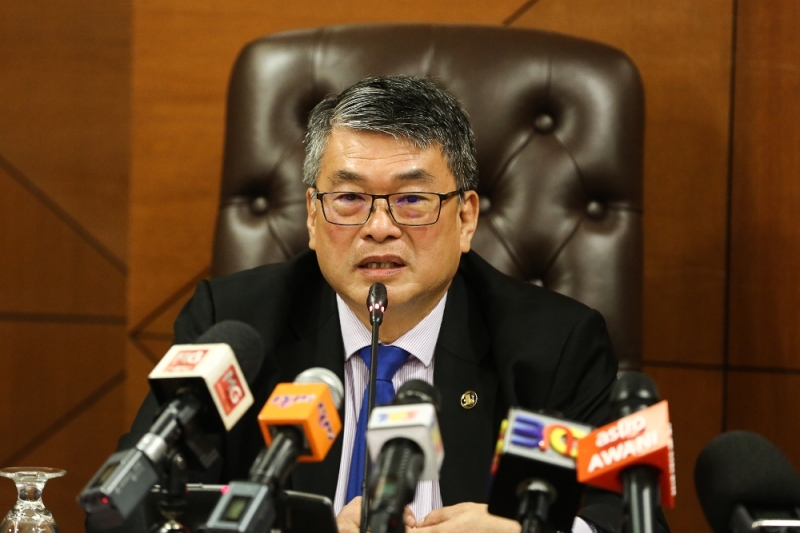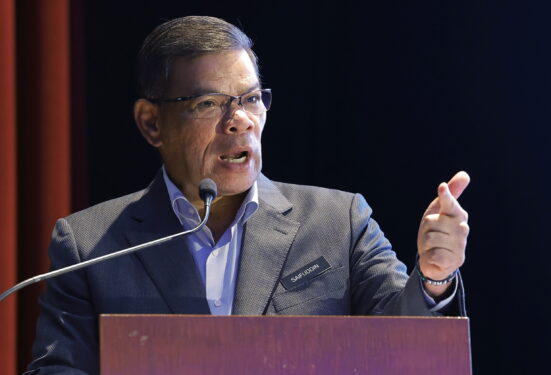AN academician at Universiti Malaysia Sabah, Labuan International Campus said Sabah could prevent excess and wastage of commercially produced vegetables by using the technology of freezing.
UMS Labuan International Finance Faculty senior lecturer Dr Geoffrey Harvey Tanakinjal said the technology which can sustain the shelf life or freshness of the food product for three to nine months is not a new innovation.
“It’s just that the technology was seldom applied in Sabah,” he said, citing its necessity in light of the Covid-19 pandemic which forced the government to impose the Movement Control Order (MCO) despite the potential economic chaos that was bound to follow.
Alluding to news reports that vegetable farmers in Kundasang, Ranau were incurring losses and dumping their unsold produce, particularly as wholesalers were restricted by the MCO from entering the area, Geoffrey said it was time for industry players in the state to use the technology.
“To resolve the problem, companies that can afford to, should build freezer plants at strategic locations, maybe on land owned by the state government, with approval of course… in this way they can reduce costs.
“The cost of a freezing machine ranges from RM150,000 to RM500,000 with the capacity to process between five and 20 tons per day of 500gm to 3kg packets according to the type of vegetable,” he told Bernama today.
Geoffrey noted that Kundasang produces around 10 to 15 tons of vegetables daily and with such facility, the farmers and traders could export any supply excess to neighbouring countries such as Brunei, the Philippines and Indonesia.
“The state government would also derive revenue from it,” he added.
Geoffrey said the plants or factories would create more employment opportunities and probably motivate local youths to venture into agriculture.
“The Covid-19 pandemic has shown that food source is a national security concern because when supply from other countries is disrupted, we are forced to find ways to produce the necessity.
“Nevertheless, when we are faced with a problem such as this, we can actually use it as our strength in future,” he said. — April 23, 2020, Bernama
Photo by CEphoto, Uwe Aranas









